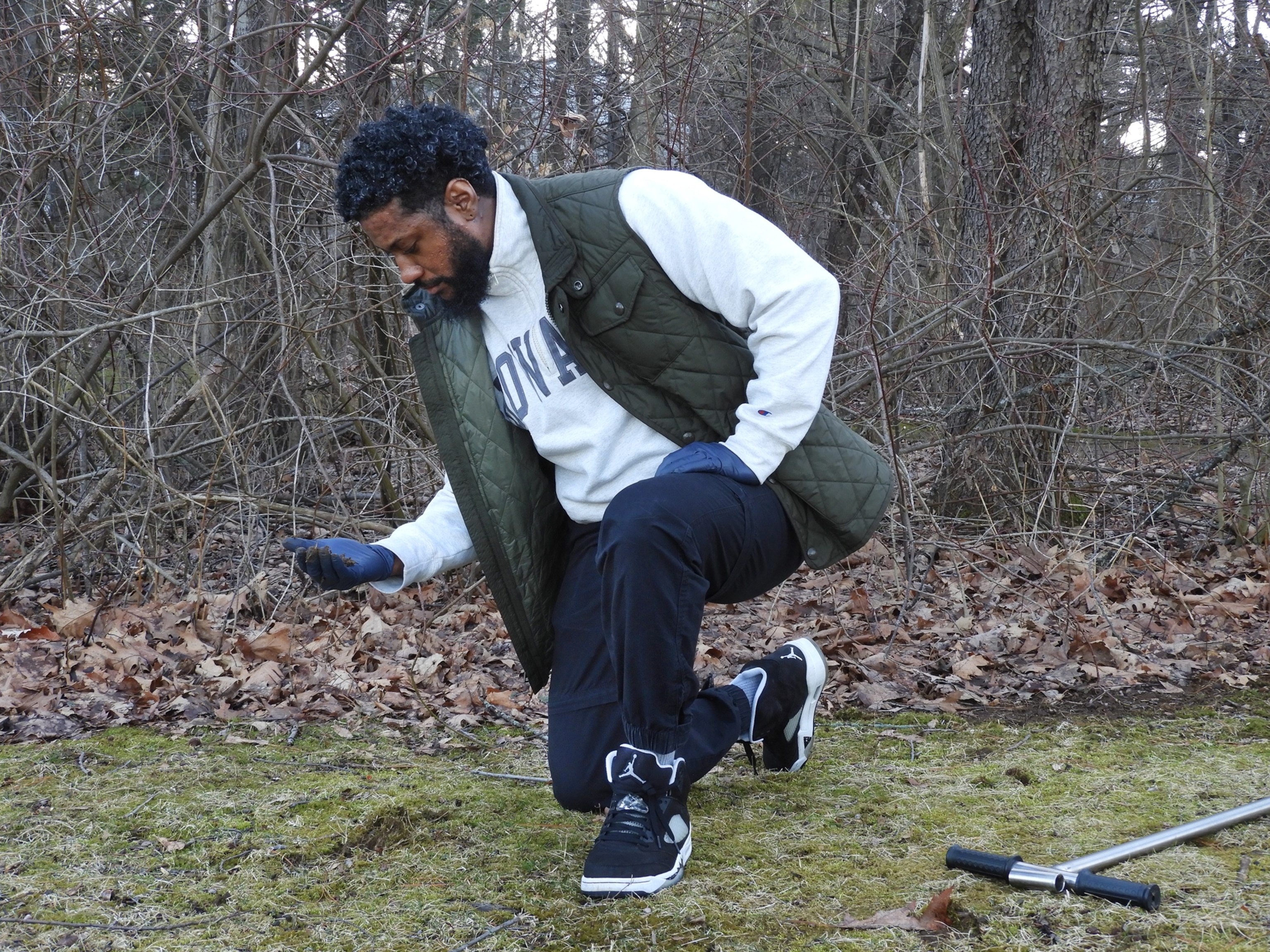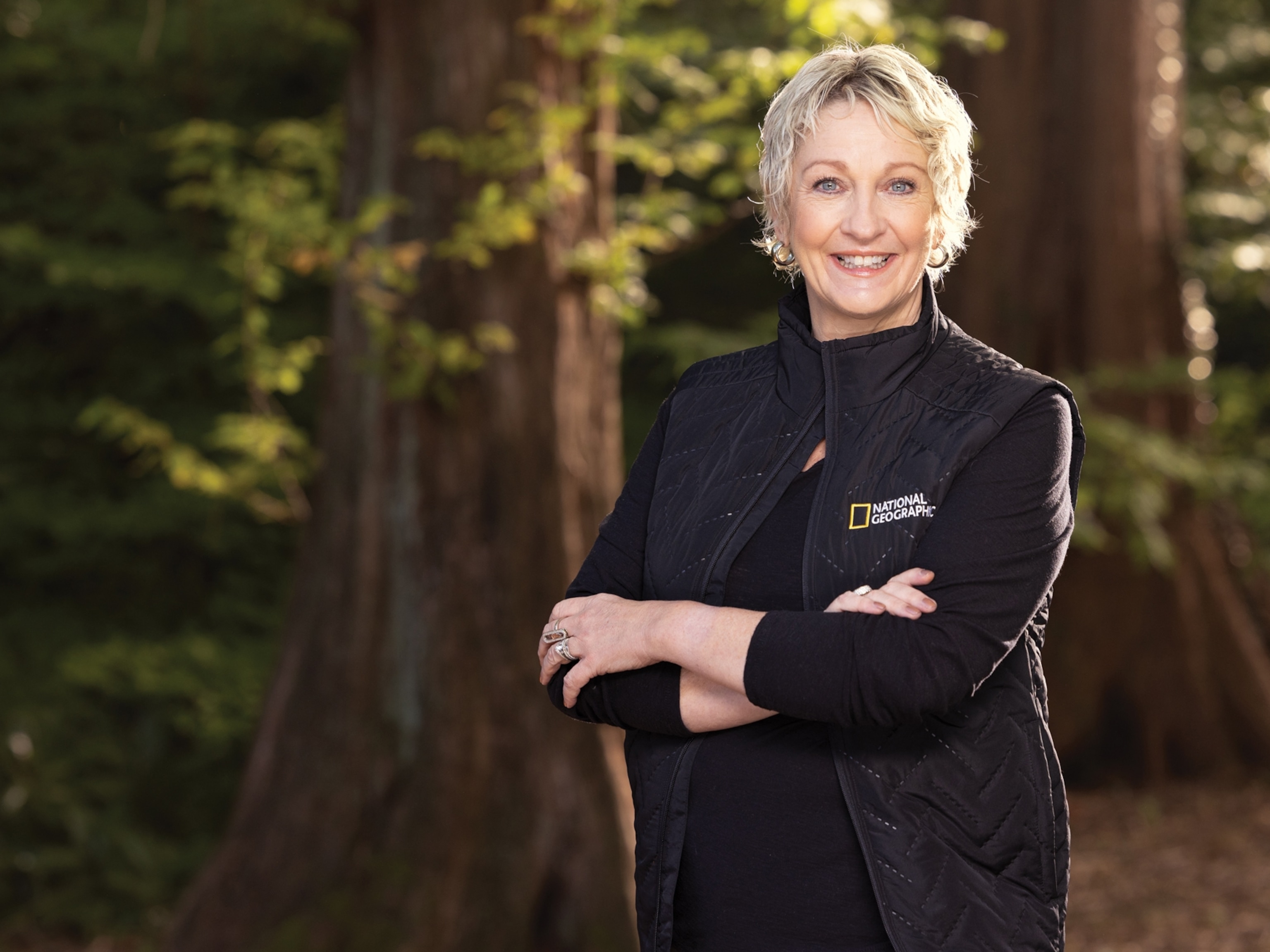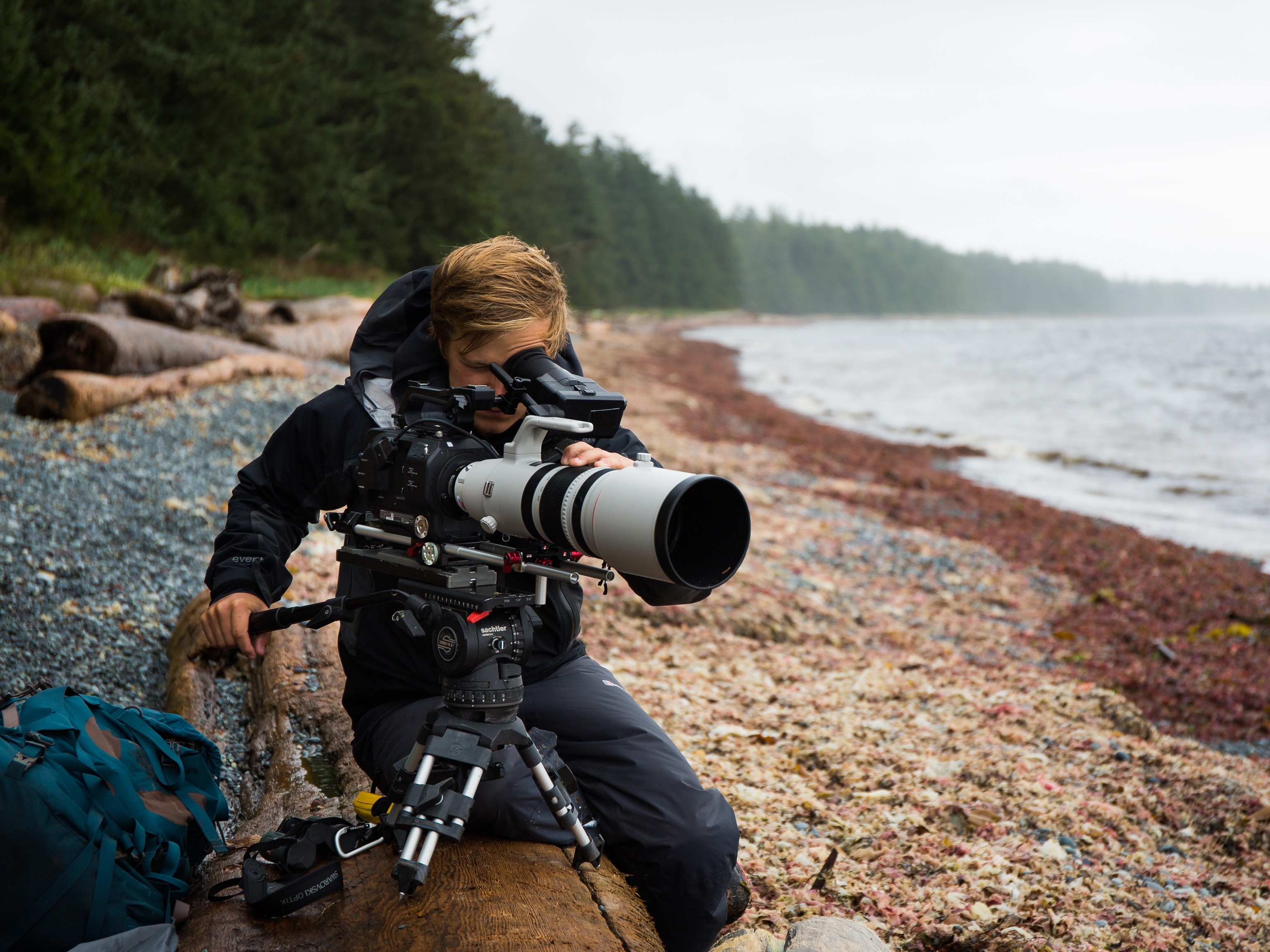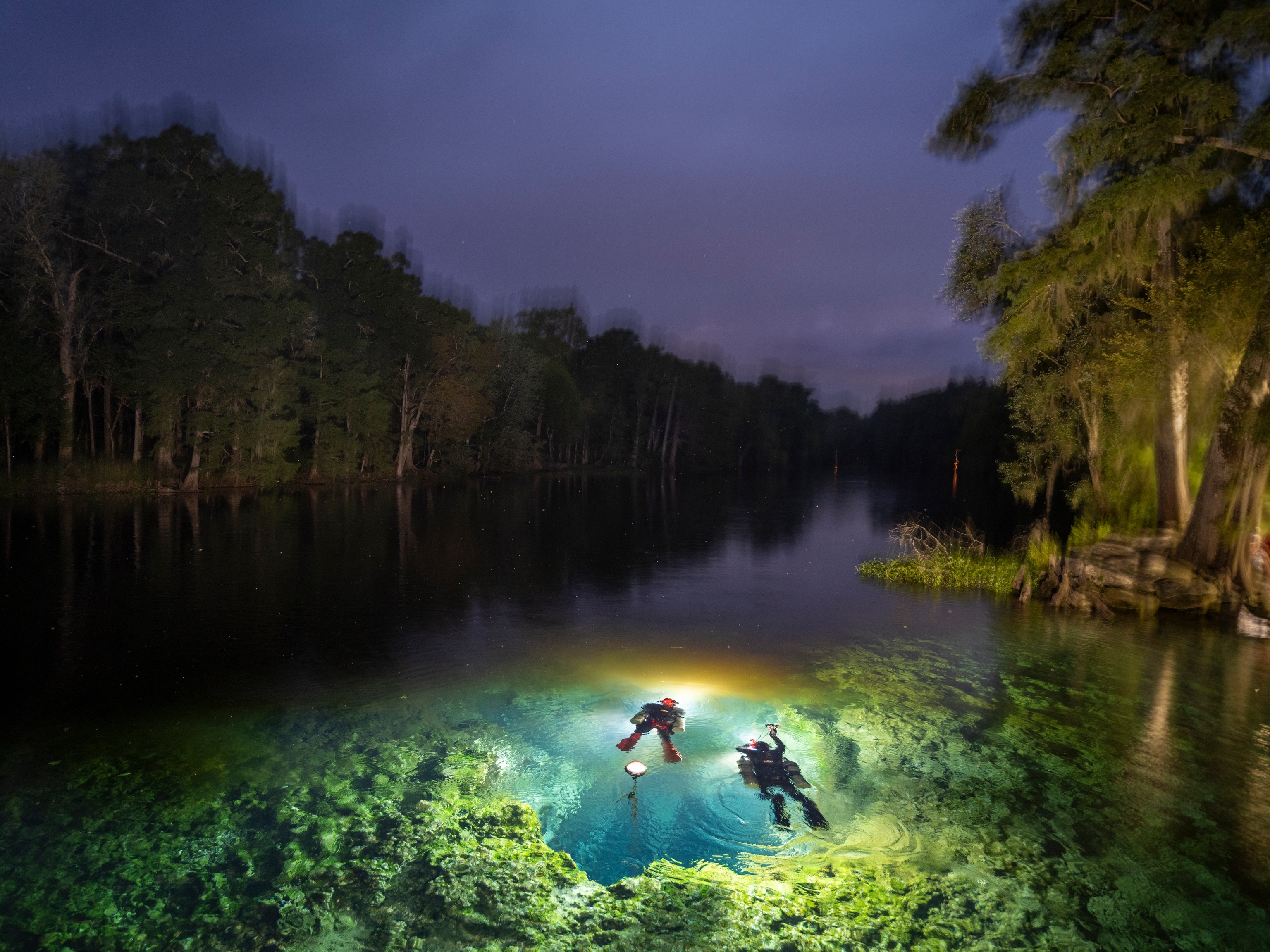
Not long ago, a line uttered on a reality TV show caught Carter Clinton’s attention: “Life should be lived forward but understood backward.”
Clinton, a postdoctoral geneticist at Pennsylvania State University, knew the concept from a very different setting: Manhattan’s African Burial Ground National Monument. There, a granite memorial is etched with a heart-shaped symbol thought to carry that same meaning. Beneath it lie the remains of over 15,000 free and enslaved Africans from the 17th and 18th centuries.

For nearly a decade the National Geographic Explorer has studied grave sites to learn why African Americans disproportionately suffer from ailments such as cardiac disease and asthma. And the soil of this New York cemetery—the oldest and largest excavated site of its kind in the country—may still contain extractable DNA. Clinton hopes it will provide clues about the lives and deaths of these individuals, and by extension the ancestral roots of millions of African Americans alive today.
In the era of commercial DNA kits, people want not only to learn where their forebears are from but also to clarify their perceived identities, Clinton says. “We’re ultimately putting the puzzles of ourselves back together. And African Americans are the community with the most missing pieces.” (A new tool hopes to uncover the lost ancestry of enslaved African Americans.)
Hear from Clinton and forensic archaeologist Kimberlee Moran about their research in historical burial grounds.
This story appears in the May 2023 issue of National Geographic magazine.




